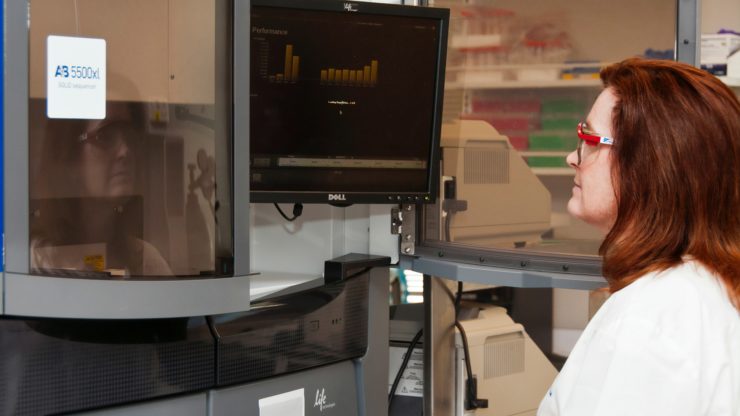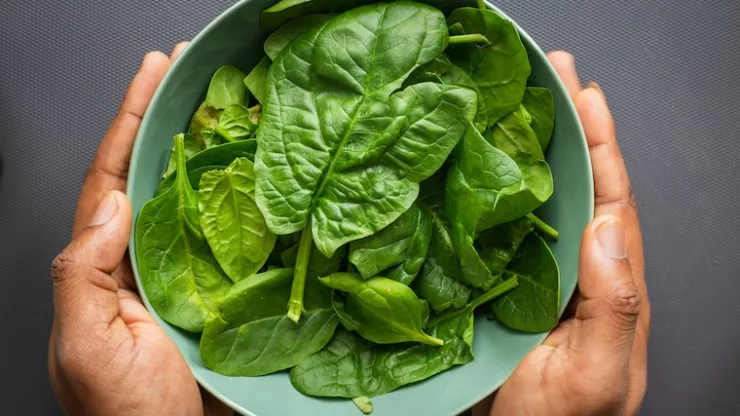Processed Foods and Your Health
Processed foods are everywhere these days, from the snacks we grab on the go to the meals we heat up in the microwave.
While they may be convenient and affordable, there are serious health implications associated with consuming too many processed foods.
In this article, we’ll explore the dangers of processed foods, the different types of processed foods, how to read food labels, and tips for making healthier choices.
Jump to Section
Defining Processed Foods
Before we dive into the health implications of consuming processed foods, it’s important to define what we mean by "processed." Processed foods are those that have been altered in some way from their original state.
This can include adding salt, sugar, or preservatives, as well as cooking, freezing, or canning.
While some processing is necessary for food safety and preservation, the problem arises when foods are heavily processed and stripped of their natural nutrients.
Health Implications of Consuming Processed Foods
Increased Risk of Obesity
One of the most well-known health implications of consuming processed foods is the increased risk of obesity.
Processed foods are often high in calories, sugar, and unhealthy fats, which can lead to weight gain and other health problems.
In fact, studies have shown that people who consume more processed foods are more likely to be overweight or obese.
Higher Risk of Heart Disease and Stroke
In addition to obesity, consuming processed foods can also increase your risk of heart disease and stroke. Many processed foods are high in sodium, which can raise blood pressure and put a strain on your heart.
They are also often low in fiber, which is important for heart health.
Links to Cancer
While the link between processed foods and cancer is still being researched, there is evidence to suggest that consuming too many processed foods may increase your risk. This is because many processed foods contain additives and preservatives that have been linked to cancer in animal studies.
Negative Impact on Mental Health
While it’s not as well-known, consuming processed foods can also have a negative impact on your mental health. One study found that people who ate a diet high in processed foods were more likely to experience symptoms of depression and anxiety.
Influence on Gut Health
Processed foods can also have a negative impact on your gut health. They often contain high amounts of sugar, unhealthy fats, and additives, all of which can disrupt the delicate balance of bacteria in your gut.
This can lead to digestive problems, inflammation, and other health issues.
Nutrient Deficiencies
Another danger of consuming too many processed foods is that they often lack the nutrients our bodies need to function properly. Many processed foods are stripped of their natural vitamins, minerals, and fiber during processing.
This can lead to nutrient deficiencies and other health problems.
Additives and Preservatives
Many processed foods contain additives and preservatives that can be harmful to our health. While some are used to improve taste or texture, others are used to extend shelf life or prevent spoilage.
Some common additives to look out for include high fructose corn syrup, artificial sweeteners, and monosodium glutamate (MSG).
Types of Processed Foods
When it comes to processed foods, not all are created equal. There are three main categories of processed foods: ultra-processed, moderately processed, and minimally processed.
Ultra-Processed Foods
Ultra-processed foods are those that have been heavily processed and contain little to no whole foods. Examples include soda, candy, and fast food.
These foods are often high in calories, sugar, sodium, and unhealthy fats.
Moderately Processed Foods
Moderately processed foods have undergone some processing but still retain some of their natural nutrients. Examples include canned vegetables and whole grain bread.
While these foods are not as unhealthy as ultra-processed foods, they should still be consumed in moderation.
Minimally Processed Foods
Minimally processed foods are those that have undergone minimal processing and still resemble their original state. Examples include fresh fruits and vegetables, nuts, and whole grains.
These foods are the healthiest option and should make up the majority of our diet.
Understanding Food Labels
The Importance of Reading Food Labels
When it comes to making healthier choices, reading food labels is key. The nutrition facts label can tell you how many calories, fat, sugar, and other nutrients are in a particular food.
It’s also important to read the ingredient list to see if there are any additives or preservatives that you want to avoid.
Common Additives to Look Out For
| To help you navigate food labels, here are some common additives to look out for: | Additive | What it’s used for | Health concerns |
|---|---|---|---|
| High fructose corn syrup | Sweetener | Increases risk of obesity and type 2 diabetes | |
| Artificial sweeteners | Sweetener | May be linked to cancer and other health problems | |
| Monosodium glutamate (MSG) | Flavor enhancer | May cause headaches and other symptoms in some people | |
| Sodium nitrite and nitrate | Preservative | May be linked to cancer | |
| BHA and BHT | Preservative | May be linked to cancer |
Making Healthier Food Choices
Tips for Reducing Processed Foods in Your Diet
If you’re looking to reduce your consumption of processed foods, here are some tips:
- Cook at home more often using fresh ingredients
- Read food labels and avoid products with a long list of additives and preservatives
- Choose whole, minimally processed foods whenever possible
- Limit your intake of sugary drinks and snack foods
Importance of Meal Planning
Meal planning can also be a helpful tool for reducing your intake of processed foods. By planning your meals in advance, you can ensure that you have healthy, whole food options on hand and avoid the temptation to reach for processed snacks or fast food.
Cooking at Home vs Eating Out
Cooking at home is one of the best ways to ensure that you’re eating whole, healthy foods.
When you eat out, it can be difficult to know exactly what’s in your food and how it’s been prepared.
If you do eat out, try to choose restaurants that offer whole food options and avoid fast food chains.
Incorporating More Whole Foods into Your Diet
Finally, one of the best ways to reduce your consumption of processed foods is to incorporate more whole foods into your diet. This includes fresh fruits and vegetables, whole grains, nuts, and lean proteins.
By prioritizing whole foods, you’ll be giving your body the nutrients it needs to thrive.
Conclusion
Processed foods may be convenient and affordable, but they come with serious health implications.
From increased risk of obesity and heart disease to links to cancer and negative impact on mental health, there are many reasons to limit your consumption of processed foods.
By choosing whole, minimally processed foods, reading food labels, and cooking at home more often, you can take control of your health and feel your best.
Frequently Asked Questions
What are some healthy snack options?
Some healthy snack options include fresh fruit, raw veggies with hummus, nuts or seeds, and air-popped popcorn.
What are some whole food sources of protein?
Some whole food sources of protein include chicken, fish, beans, tofu, and lentils.
Can processed foods be part of a healthy diet?
While it’s best to limit your consumption of processed foods, they can be part of a healthy diet if consumed in moderation. Try to focus on whole, minimally processed foods as much as possible, and limit your intake of ultra-processed foods.

With a deep passion for personal development, Ben has dedicated his career to inspiring and guiding others on their journey towards self-improvement.
His love for learning and sharing knowledge about personal growth strategies, mindfulness, and goal-setting principles has led him to create My Virtual Life Coach.
Contact Ben at [email protected] for assistance.




